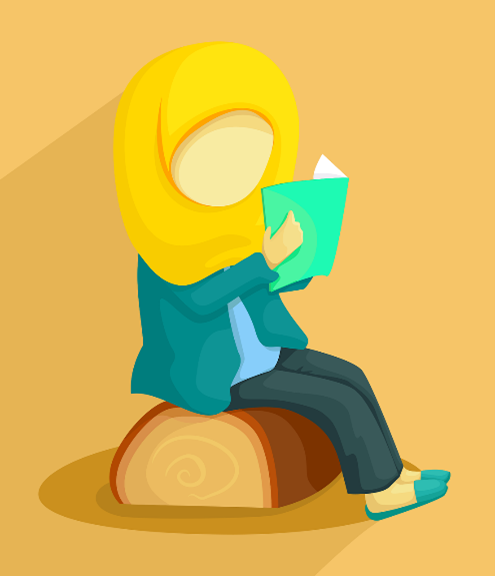
By Federica Candido
The subject of religious teaching in public schools is an issue that gives rise to ideological debates between different cultural visions, especially when such debates are triggered by experiments and innovations on the subject such as the introduction of Islamic religious teaching.
In Europe – despite the significant presence of people of the Muslim faith and the constant growth in the number of pupils belonging to this religion and enrolled in European public schools – only a few countries such as Belgium, Austria and Germany have introduced the teaching of the Islamic religion in public schools in a structural manner.
In other countries, a series of experiments are currently underway, criticised by radical right-wing movements, aimed either at the introduction of Islamic schools financed by the State (as is the case in Holland) or at the establishment of a religion course in State schools with several options (Catholic, Islamic, Protestant, Jewish, Orthodox, or the morals course) as is the case in Belgium.
And it is precisely from the specific case of Belgium that a lively discussion has begun regarding the quality of this teaching, the training of the teachers who teach it and the publishing proposal that supports this type of teaching. This discussion involves not only education professionals and scholars in the field but also political and institutional authorities. In fact, the need to address all these areas is also dictated by the ever-increasing number of students who decide to avail of Islamic religious instruction in Belgium (at present, there are 70,000, and in 2021, only 15.6% followed the Catholic option, while 23.7 followed the Islamic one). Specifically, the publishing industry is also starting to move with publishing novelties on the subject: this is the case in Flanders with the publication for the Van In types of the textbook entitled “Sira”, which, along with the study of the Koran, provides for the analysis of historical sources as well as encouraging reflection on a series of topics such as citizenship, global warming, bullying, and the defence of rights.
This topic certainly needs to be approached from several angles, especially in light of the demographic changes affecting this segment of the population. There is no doubt that promoting knowledge of Islam is a way to prevent radicalisation and, at the same time, a tool to defuse prejudices and stereotypes dictated by false knowledge or ideological positioning. However, the obstacles – both political and economic – are many, just as there are many aspects that need to be addressed from here on.
Read more:
- https://europa.today.it/attualita/ora-religione-islamica-scuola.html
- https://www.swissinfo.ch/eng/business/more-islamic-lessons-in-swiss-schools-/48486912
- https://theconversation.com/salam-ramadan-mubarak-4-ways-schools-can-bring-ramadan-into-the-classroom-202385
- Ina Ter Avest, Introduction to Special Issue: Islam and/in Education in The Netherlands, Religions2022, 13(4), 374 – Download here: https://www.mdpi.com/2077-1444/13/4/374?type=check_update&version=1
- https://www.vanin.be/methodes/secundair-onderwijs/godsdienst/sira/